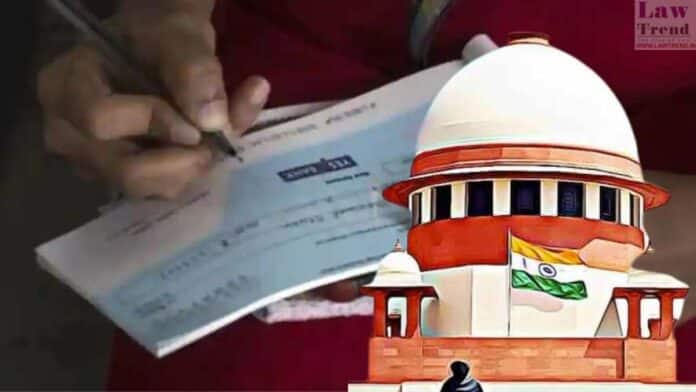A Supreme Court bench comprising Justice J.K. Maheshwari and Justice Rajesh Bindal delivered a significant judgment, holding that a director cannot be held liable under Section 141 of the Negotiable Instruments Act, 1881, for cheques issued by a company after their resignation. Allowing the appeals filed by Adhiraj Singh, the court quashed the complaints under
To Read More Please Subscribe to VIP Membership for Unlimited Access to All the Articles, Download Available Copies of Judgments/Order, Acess to Central/State Bare Acts, Advertisement Free Content, Access to More than 4000 Legal Drafts( Readymade Editable Formats of Suits, Petitions, Writs, Legal Notices, Divorce Petitions, 138 Notices, Bail Applications etc.) in Hindi and English.




